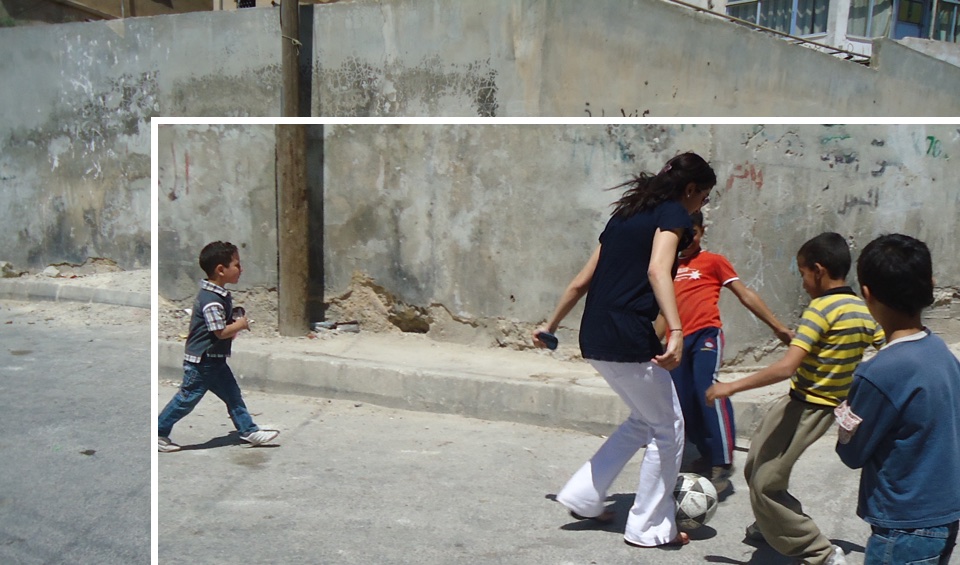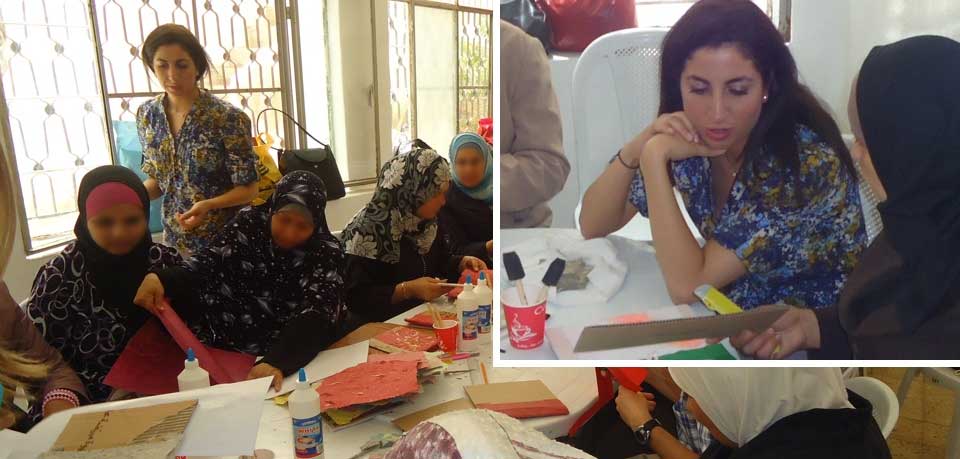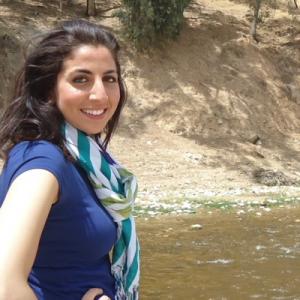“I’m not a princess! I’m an engineer,” said Abrar Hammoud’s 10-year-old daughter to her brother, protesting about being mischaracterized. Abrar, sensing a transcendent moment, recognized that her daughter had broken free from societal typecasting.
If society has a tendency to predefine the roles many of us will play, Abrar believes it is education which provides the opportunity to escape expectations and to define ourselves to the world. “The students we teach are individuals who are more than just names on a roster. Each student brings unique experiences to the classroom,” Abrar says. “Education is the most important thing. It’s how we get to choose.”

Empowering students is one of Abrar’s passions. “My daughter once asked a close family friend, ‘Why do onions make my mom cry?’ My friend handed her a computer and helped her seek the answer on her own,” she said. “Our friend helped me discover that I wanted to help students learn that they have the power to seek answers. I want them to feel empowered in the same way, to always to be curious.”
So Abrar set out to help students focus their natural curiosity. But she believes the question “What do you want to be when you grow up?” isn’t the right one to ask, especially of young adults. “The right one,” says Abrar, “is this: What do you want to struggle for? A person who wants her own business has to be willing to work with rejection and failure. A writer has to be willing to have his book turned down time and time again. A person wanting a relationship has to be willing to endure vulnerability.
“Who we are is defined by what we’re willing to struggle for,” Abrar says.

It’s not a new concept for Abrar. She learned it from her father, who grew up in eastern Lebanon’s Beqaa Valley, living at times with dirt floors and without indoor plumbing. “He had a profound impact on my life. He worked, struggled, and eventually gained an opportunity to earn a Ph.D. here at Purdue. Then he went back to Lebanon to invest in education there, working for a foundation which sent students abroad to college with full rides.” Abrar proudly notes that her father insisted on helping young women and men equally, breaking from cultural norms.
“Getting a better education is a luxury others don’t have,” she says. “I look at education as more of an opportunity to exchange. I feel a lot of empathy for students and learn a lot from mine. I love getting to know them on an individual level because that’s how I’d want someone to treat my children.”
Education is the necessary preparation for life’s worthwhile struggles, says Abrar. “It’s empowerment.”

